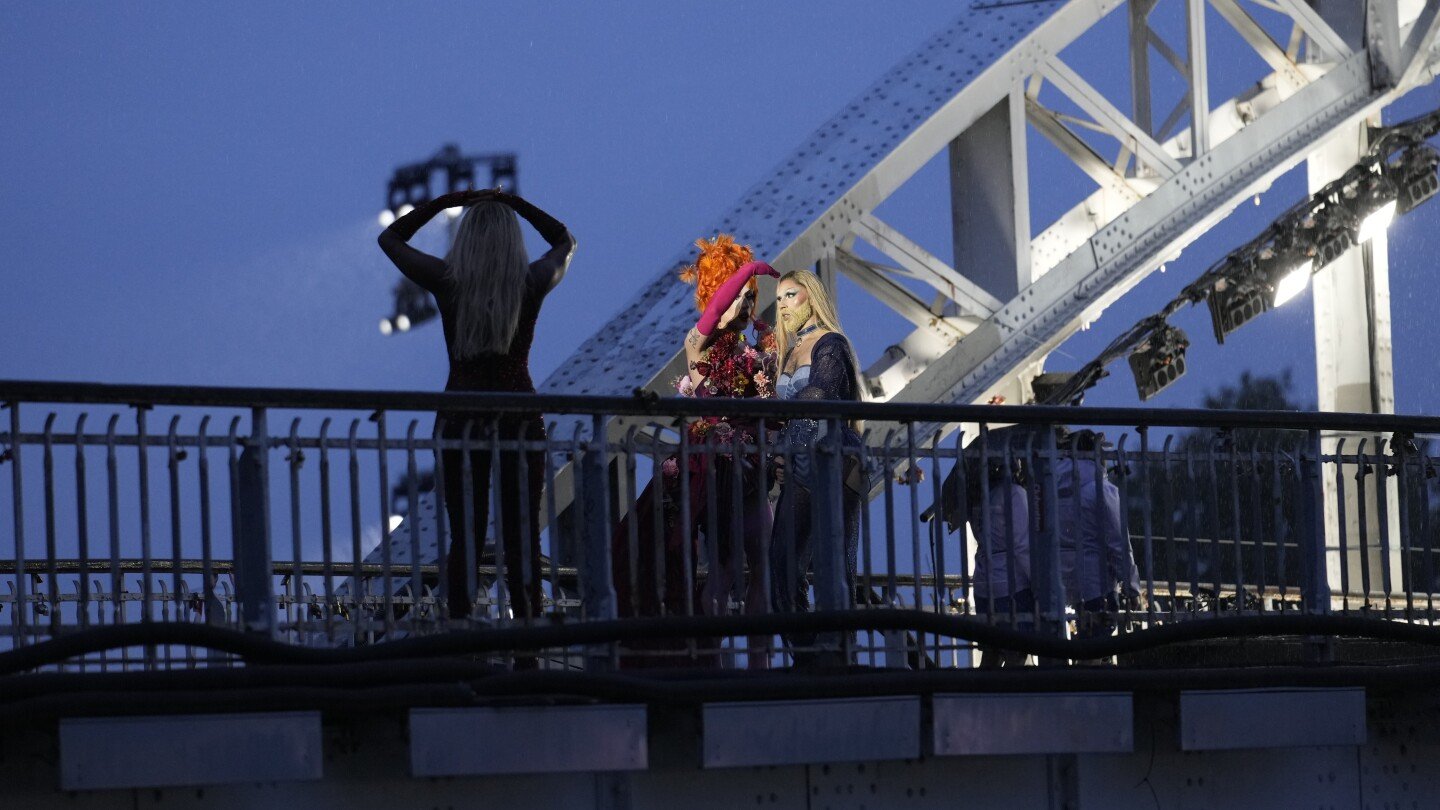A record number of athletes openly identifying as LGBTQ+ are competing in the 2024 Paris Olympics, a massive leap during a competition that organizers have pushed to center around inclusion and diversity.
There are 191 athletes publicly saying they are gay, lesbian, bisexual, transgender, queer and nonbinary who are participating in the Games, according to Outsports, an organization that compiles a database of openly queer Olympians. The vast majority of the athletes are women.
That number has quashed the previous record of 186 out athletes counted at the COVID-19-delayed Tokyo Olympics held in 2021, and the count is only expected to grow at future Olympics.
“More and more people are coming out,” said Jim Buzinski, co-founder of Outsports. “They realize it’s important to be visible because there’s no other way to get representation.”



Trans athletes have been accepted in the Olympics since 2004, yet not a single one has so much as qualified for a games since then, despite having such a “big advantage”
And globally the only trans person to ever get a professional title was a div 1 swimmer in the US.
That’s just factually incorrect. Laurel Hubbard qualified for and competed at the Tokyo Olympics.
Ah okay, my information is clearly out of date, but I think my point still stands as she came 7th
No, not at all. There was also Quinn who won a Gold medal at the same Olympics. And Laurel Hubbard won silver at the World Championships and gold twice at the Commonwealth Games but was 43 years old by the time of the Tokyo Olympics.
Additionally, you have to consider that the current rules regarding trans athletes are only in place since 2015. Before it was required to undergo sexual reassignment surgery and have your gender legally changed. And even after the changes, many trans athletes couldn’t compete at the Olympics because the governing bodies of their sport are more restrictive. So even if trans athletes have a “big advantage”, there are plenty ways to explain their lack of presence at the Olympics.